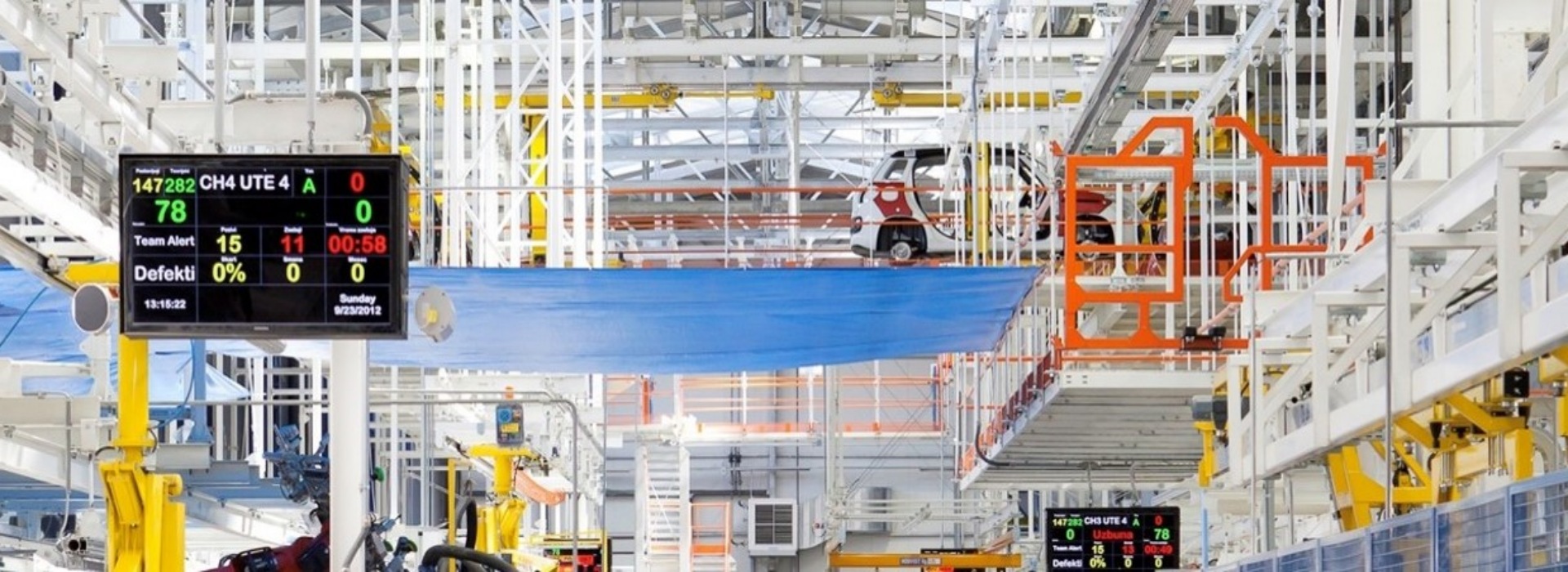In the wake of the coronavirus outbreak, the travel bans and the chaos that has ensued have left an indelible impact on 2020’s business outlook. The highly contagious epidemic, reported to have claimed the lives of more than 130 and infected more than 5,900 so far, is bad news for the economy in an increasingly globalized world. Anxiety over the epidemic has driven the spot gold price upward to 1,589 USD per oz. while the effect is felt more intensely in Thailand, where the spot gold price has jumped to a 7-year high at approximately 1,533 USD per oz. The sentiment is also mirrored in the volatile Asian stock markets.
From an economic viewpoint, the virus could not have happened at a worse time. Vacation plans were canceled by a plethora of Chinese travelers, 2 million of whom were planning to spend their Lunar New Year in Thailand. This spells stressful times for many travel-related industries with tour operators, hotels, and airlines among those hit the hardest. The University of the Thai Chamber of Commerce estimated that the coronavirus will incur a THB 50 billion loss to the Thai Economy each month; a worrying figure if the situation does not resolve swiftly. Unless the epidemic is contained within 2 months, the Thai economy’s 2020 growth rate will be hindered by 0.7%.
The lockdown of Wuhan and the travel ban is also sobering for exporters as Chinese demand lessens despite the initial stockpiling frenzy at the outset. On the whole, the coronavirus is set to impact global GDP by 0.2-0.3%. Factoring in other issues, such as the ongoing trade war, the global economic slowdown, and severe drought across half of Thailand, the Ministry of Finance is now considering adjusting this year’s expected GDP growth down from 3.3% to 2.8%.
To remedy the situation, the Ministry of Finance has put forth several countermeasures with the aim of boosting the tourism industry, encouraging consumption, and incentivizing investment. Among the many proposed measures are the reduction of aviation fuel tax, the Chim-Shop-Chai stimulus scheme, the exemption of import tax for machinery, and the EXIM Special Zone Credit. The effectiveness of these measures remains to be seen once they are implemented, hopefully with no further delay after the 2020 budget bill is passed.


